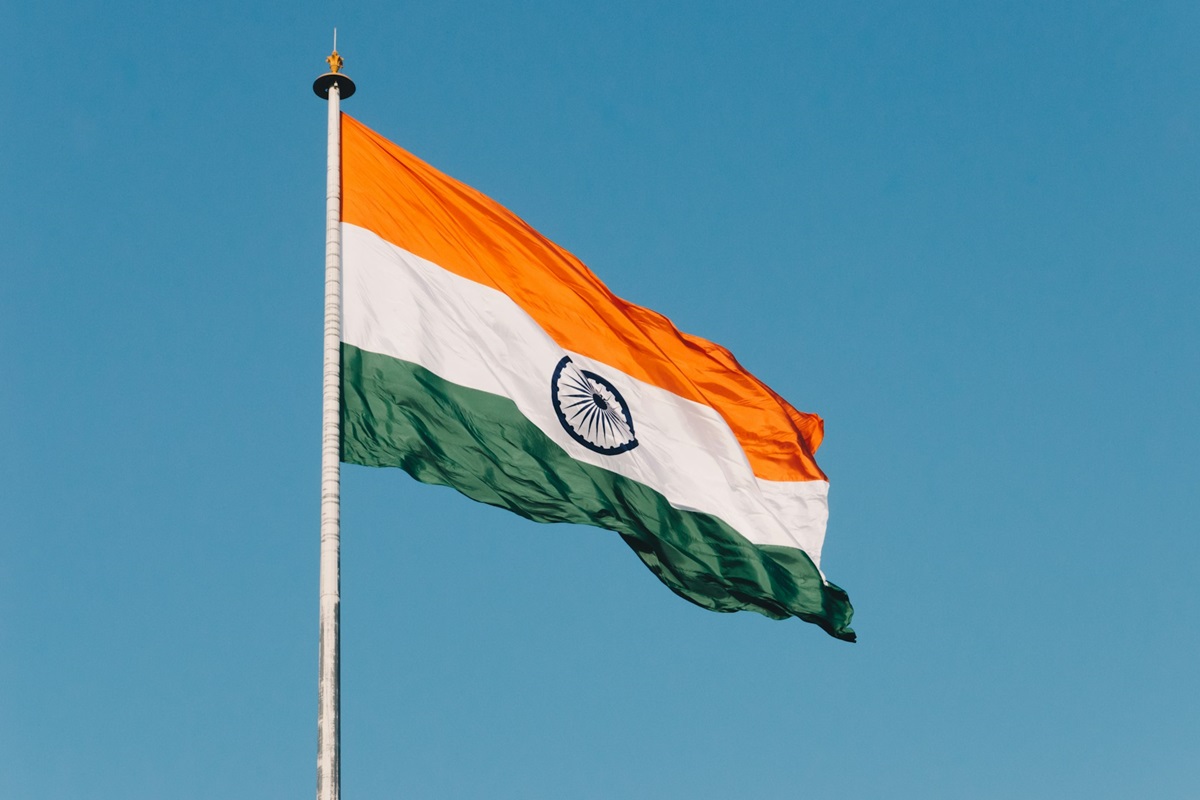The media reported that lobbying groups representing the interests of technology giants from the United States have asked the Indian leadership to review the proposed antitrust law.

This week, journalists released information according to which the mentioned lobbyists claim that a system of rules providing for a ban on the use of data and preferential treatment for partners may cause an increase in user costs. The media reported that the relevant statements are contained in a letter from a lobbying group that represents the interests of such US technology giants as Amazon, Apple, and Google in India.
In February, in the mentioned South Asian country, a local government panel unveiled proposals for new antitrust legislation. This panel also stated that several digital giants are increasing market power. In fact, this statement has become a kind of platform for justifying the need for new antitrust legislation.
The media reported that the proposed Digital Competition Bill in India is similar to the European Union’s landmark Digital Markets Act. In the South Asian country, lawmakers intend to extend the new rules to large companies with a worldwide turnover of more than $30 billion and owning digital services with a user base of at least 10 million people. It is worth noting that in this case, the user base in India is meant. The activity indicators of such technology giants as Google and Amazon meet the criteria provided for by the new rules.
The proposed law prohibits the exploitation of non-public user data. Also, in this case, the promotion of their own services in comparison with competitors and the restriction of downloading third-party apps are classified as unacceptable practices.
According to media reports, the US-India Business Council (USIBC), in a letter to India’s Corporate Affairs Ministry, notes that the current strategies of the technology giants are aimed at introducing new product features and enhancing customer security. This letter also contains a statement that the law proposed in the South Asian country is much further in scope than a similar European initiative. USIBC separately focuses on the fact that against the background of the new rules, technology giants are likely to reduce the volume of investments in India, increase prices for digital services, and shrink the list of corresponding offers.
USIBC did not respond to a media request for comment.
It is worth noting that technology giants around the world are currently facing antitrust pressure. Such situations already belong to the category of large-scale tendency, having left the limits of what could be described as isolated incidents unrelated to general practice. For example, last week Apple appealed an antitrust fine of almost $2 billion handed down by European regulators, who said that the technology giant was abusing its power in the streaming music market. In April, Google called for the United States Department of Justice’s antitrust lawsuit to be dismissed. The technology giant justified its position by the fact that the US government has not proved that the company commands a 70% share of the digital advertising market. In 2023, the United States Department of Justice sued Google. This department claimed that the technology giant illegally seized control over the digital advertising sector.
The Competition Commission of India (CCI) has been investigating companies belonging to a kind of informal Big Tech group for many years. In 2022, this regulator fined Google $161 million. CCI also ordered the technology giant to stop restricting users from removing pre-installed apps and allow downloads without applying its virtual store of relevant digital products. Google has denied wrongdoing, saying its system of restrictions increases consumer safety.
Also, an antitrust investigation is currently underway in India against Amazon, which owns the best American delivery service. This company has been accused of the use in the South Asian country of the practice of giving preference to selected sellers on its website. It is worth noting that in this case, Amazon’s practice of interacting only with Indian sellers is implied.
Moreover, an antitrust investigation is currently underway in India against Apple. The local regulator said that this technology giant is abusing its dominant position in the apps market. Apple denies the allegations.
A group of Indian startups, which includes 40 early-stage companies, has expressed support for the proposed antitrust law. These firms claim that the mentioned initiative can help them solve the problem of monopolistic practices of dominant digital platforms and create a level playing field for small businesses.
It is not yet known when the proposed law may be adopted. The Government of India will explore the feedback on this initiative. After that, the bill will be sent to the Parliament of the South Asian country for consideration.
It is worth noting that India is a very important market for Big Tech. This interest is because the local population is 1.4 billion, resulting in a significant user base. Moreover, an important aspect of the Indian market is that the South Asian country is currently experiencing a tendency of growth of the affluent class.









